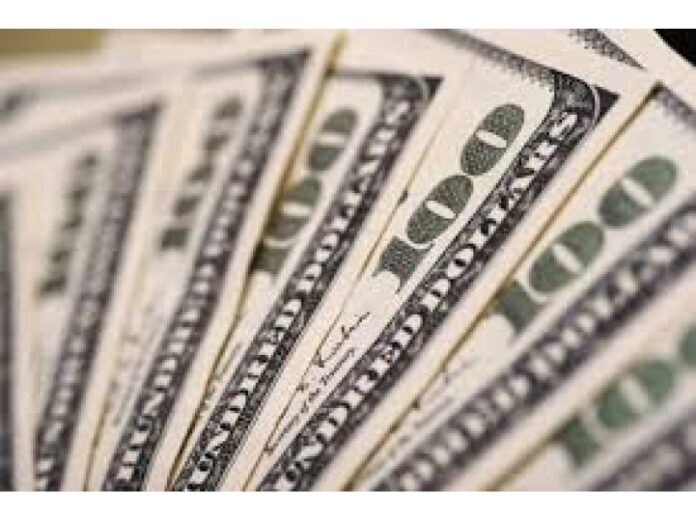 “I was ready to send another $40,000, but my wife convinced me to talk to the BBB first after seeing a news story on sweepstakes scams.”
“I was ready to send another $40,000, but my wife convinced me to talk to the BBB first after seeing a news story on sweepstakes scams.”
A Roanoke man has lost $18,000 to scammers pretending to be Publisher’s Clearing House. Days after wiring the money, he received a check for $1.6M with a letter requesting an additional $40,000 in order to release the funds. He took the money out of an investment fund and was ready to send it when his wife stopped him.
“She was watching a local newscast when a story came on about Publisher’s Clearing House scams. The paperwork looked a lot like what we received. The people with PCH kept asking me not to tell anyone about this until the money was in my account. Now I know why, they didn’t want me discovering it was a scam.”
The letter from the scammer is devious, claiming to be from ED-FOX Associates Law Firm at 6 Winners Circle in Albany, NY and displaying both the IRS and PCH logos. The sad truth – the address listed is actually an independent living community for seniors. There’s a legitimate Ed Fox & Associates based out of Chicago, IL, not Albany, and they have nothing to do with Publisher’s Clearing House. Both deceptions are classic examples of the lengths scammers will go in order to appear legitimate.
“Though letters of this sort may look very official, you simply cannot take them at face value,” says Julie Wheeler, President and CEO of BBB Serving Western VA. “It is incredibly easy to copy logos of well-known companies and paste them into a letter or certificate. In the end you can always spot the scam if they ask you to pay upfront fees.
Remember: you never pay to win.”
To avoid falling victim to a lottery or sweepstakes scam, beware of these five red flags:
You can’t win a contest you didn’t enter. You need to buy a ticket or complete an application to participate in a contest or lottery. Whether it’s by phone or mail, scammers seek out their targets. Verify that it is a legitimate business by doing research on the company.
You are offered ‘too-good-to-be-true’ prizes. It is almost always a large sum of money, but there is always a catch. Scammers attempt to make it sound easy to claim your prize. The reality is it is very unlikely that someone will give away large sums of money with no strings attached.
You have to give personal information. Any time someone tries to get your bank account number, Social Security Number or other sensitive information, that should be an automatic red flag. There is also no need to access financial information, like a credit card number in response to a sweepstakes promotion.
You have to pay to win. Don’t be blinded by the promise of a large sum of money in the future. If they are asking you to give them money first, that’s a red flag. According to the Federal Trade Commission, it’s illegal to ask you to pay or buy something to enter or increase your odds of winning. Legitimate prizes do not come with processing fees, and taxes are paid directly to the Internal Revenue Service after winnings are collected.
You have to wire money or use prepaid debit cards. Be wary if you are asked to use these transfer methods in order to get a prize or any other large sum of money. It’s difficult to track these types of transactions, so you will have little to no way of getting your money back.
If you need more information, contact the BBB at (540) 342-3455 or (800) 533-5501. You can also visit www.bbb.org. Follow us on Twitter at twitter.com/BBBWesternVA and on Facebook at facebook.com/BBBWesternVA.

